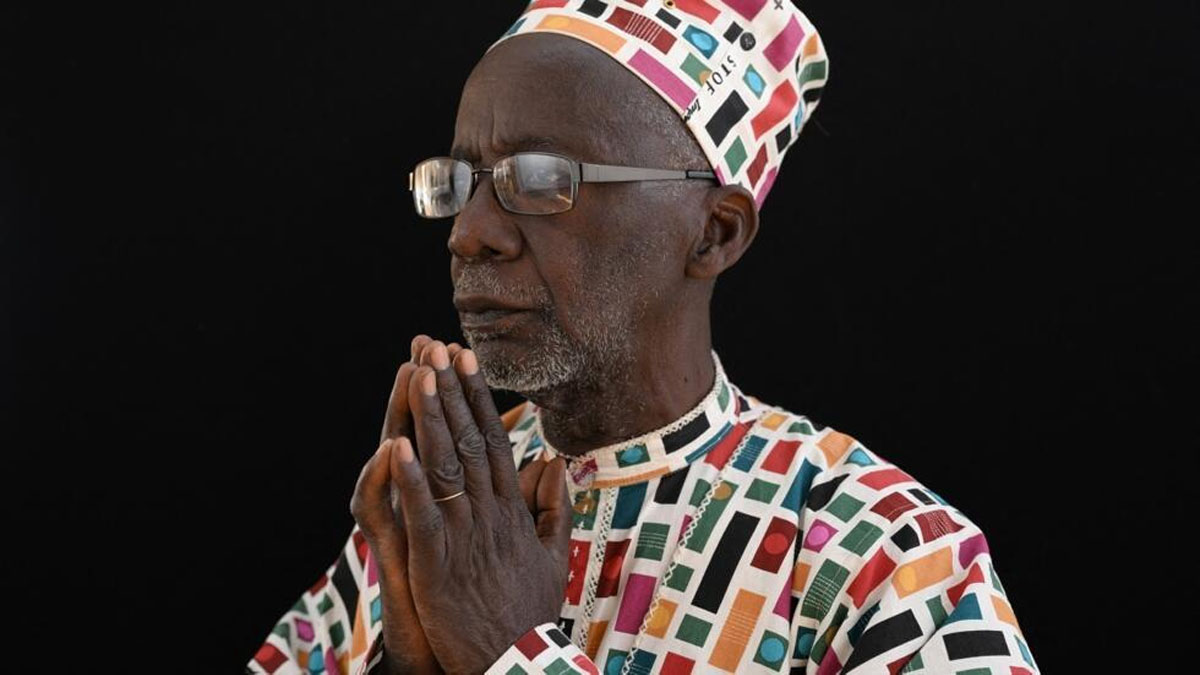
84. His daughter, Mariam Cissé, confirmed his death at a clinic in Bamako, expressing sorrow over losing a man who dedicated his life to film and art. While the cause of his death has not been disclosed, his contributions to African storytelling and cinema remain undeniable.
Cissé gained international recognition in 1987 when his film _Yeelen_ (_The Light_) won the Jury Prize at the Cannes Film Festival, making him
the first sub-Saharan African filmmaker to receive such an honor. His career, spanning over five decades, was marked by powerful narratives
that tackled complex social and political themes. Even in his final years, he remained an influential advocate for African cinema, urging
governments to invest in the film industry.
Tributes have been pouring in from filmmakers and cultural figures across Africa. Mali’s Culture Minister Mamou Daffé described Cissé as a "monument of African cinema," while fellow Malian director Boubacar Sidibé remarked that the country’s film industry was now in mourning. Film lovers praised his works for their depth, humanity, and unflinching political engagement.
Cissé’s filmmaking journey began in the 1970s with _Den Muso_ (_The Young Girl_), a landmark film shot in the Bambara language. The film, which tells the story of a young girl who is raped and rejected by her family, was banned by the Malian government, and Cissé was jailed for accepting French funding. While in prison, he wrote the screenplay for his next film, _Baara_ (_Work_), which was later released to critical acclaim.
His subsequent works, including _Finyè_ (_The Wind_) and _Yeelen_, further cemented his reputation as one of Africa’s greatest filmmakers. His final film, _Waati_ (_Time_), released in 1995, continued his tradition of thought-provoking cinema. In 2023, Cissé was honored with the Carrosse d'Or award at Cannes, recognizing his contributions to global cinema.
Beyond filmmaking, Cissé was a vocal advocate for African artists, often criticizing censorship and Western financial dominance in the industry. He urged young filmmakers to seek financial independence rather than relying on European funding. Just hours before his death, he called on Mali’s military government to support local filmmakers, emphasizing the need for more cinemas in the country.
Cissé’s passing marks the end of an era for African cinema, but his work continues to inspire future generations. His films remain a testament to the power of storytelling in shaping cultural and political discourse across the continent.

















